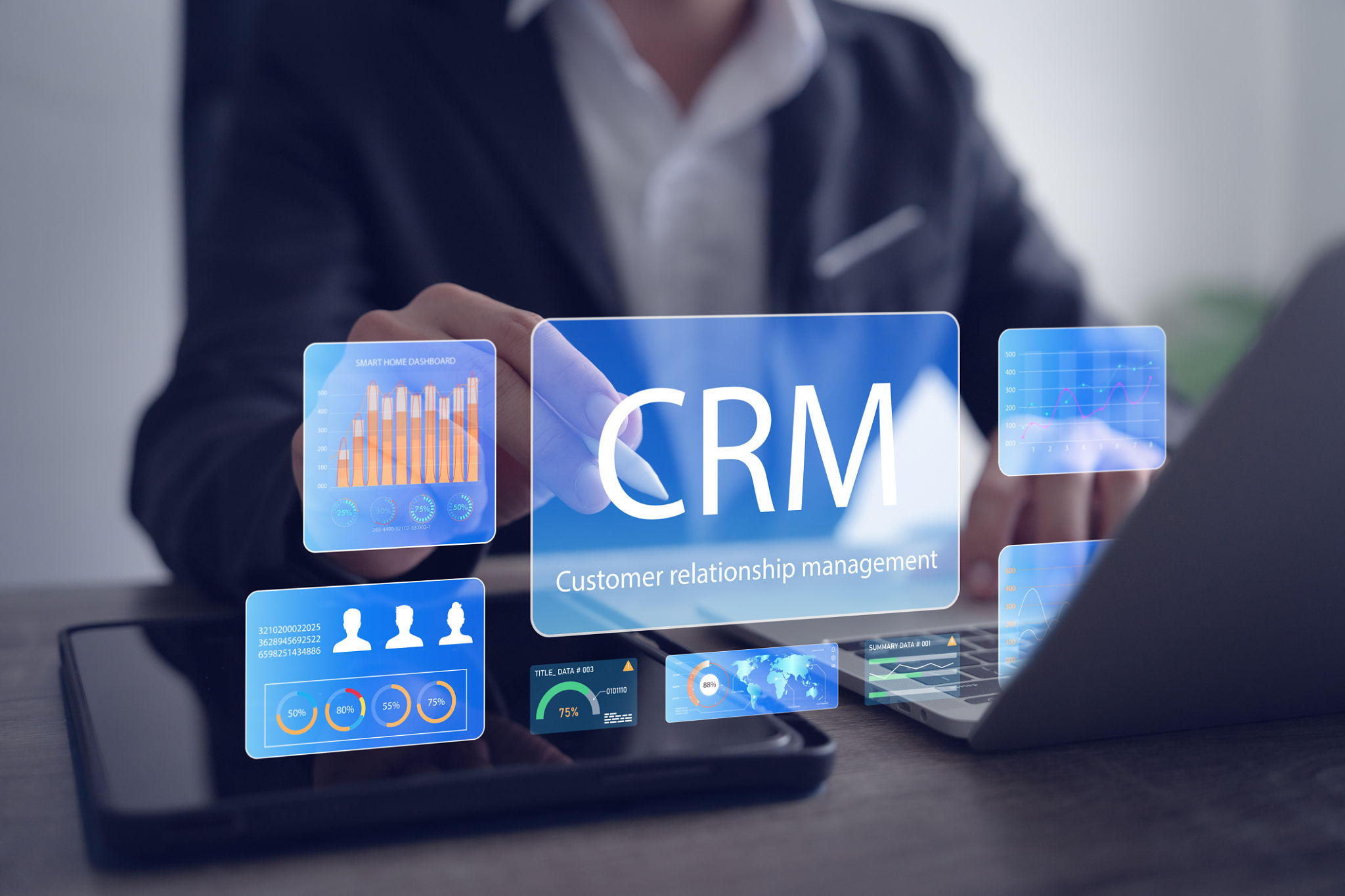How to Choose the Right CRM Solution for Your Business Needs
Understanding Your Business Needs
Choosing the right Customer Relationship Management (CRM) solution is crucial for business success. The first step in this process is understanding your specific business needs. Analyze your current processes and identify areas where a CRM could enhance efficiency. Consider your business’s goals, whether it’s improving customer service, increasing sales, or streamlining operations.

Once you have a clear understanding of your goals, prioritize the features and functionalities that are essential to achieving them. A CRM tailored to your specific requirements will not only improve customer interactions but also boost overall productivity.
Key Features to Look For
When evaluating CRM solutions, there are several key features to consider. These include contact management, sales automation, customer support, and reporting capabilities. A good CRM should provide a centralized database for all customer information, making it accessible and easy to manage.

Sales automation tools can help streamline the sales process by automating repetitive tasks and providing insights into sales performance. Customer support features should allow you to efficiently manage customer inquiries and track issues. Additionally, robust reporting capabilities are essential for analyzing data and making informed decisions.
Integration Capabilities
Another critical aspect of a CRM solution is its ability to integrate with other tools and systems you already use. Whether it's email marketing platforms, accounting software, or e-commerce solutions, seamless integration can significantly enhance the functionality of your CRM.

Integration capabilities ensure that data flows smoothly between systems, reducing manual data entry and minimizing errors. This interconnectedness allows for a more comprehensive view of customer interactions and can greatly improve decision-making processes.
Scalability and Customization
As your business grows, so too will your CRM needs. It’s important to choose a CRM solution that can scale with your business. Look for solutions that offer flexible pricing plans and features that can be added as needed. This ensures that your CRM remains relevant as your business evolves.
Customization is another important factor. A CRM should be adaptable to fit your specific workflows and processes. This may include custom fields, dashboards, or automated workflows. A solution that allows for easy customization will better serve your unique business requirements.
User Experience and Support
The user experience is a crucial element in the effectiveness of a CRM system. Choose a solution with an intuitive interface that is easy for your team to navigate. This reduces the learning curve and encourages user adoption.

Additionally, consider the level of customer support offered by the CRM provider. Reliable support can be invaluable, particularly during the implementation phase or when troubleshooting issues. Look for providers that offer comprehensive support resources, such as live chat, phone support, and training materials.
Cost Considerations
Finally, cost is a significant factor when selecting a CRM solution. While it’s important to stay within budget, remember that the cheapest option may not always be the best choice. Evaluate the total cost of ownership, including implementation fees, subscription costs, and any additional expenses for add-ons or upgrades.
Investing in a CRM that meets your needs can deliver substantial returns in terms of improved efficiency, better customer relationships, and increased sales. Carefully weighing these considerations will help you make an informed decision and choose the right CRM solution for your business needs.
